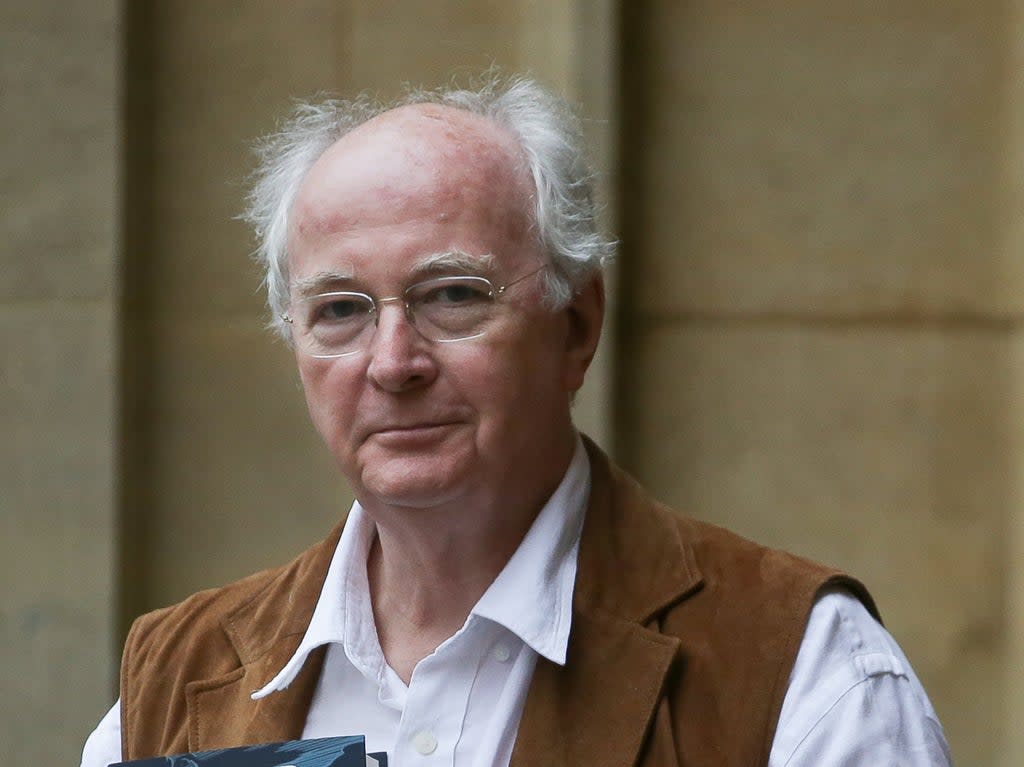Philip Pullman apologises after wading into racism row over Kate Clanchy’s memoir

- Oops!Something went wrong.Please try again later.
- Oops!Something went wrong.Please try again later.
Author Philip Pullman has apologised for comments he made on social media in response to a debate over Kate Clanchy’s 2019 memoir, Some Kids I Taught and What They Taught Me.
The book, which was awarded the Orwell Prize in 2020, recalls Clanchy’s time spent teaching in state schools. It had been criticised by readers and other authors for racist and ablest stereotyping in some of its descriptions of children.
Clanchy initially hit back at the criticisms last week in a now-deleted tweet, claiming that she had been wrongly accused of racism and that problematic quotes from the novel shared on Goodreads had been “made up” (which was untrue).
The author apologised yesterday (9 August), writing: “It was wrong. I don’t really have an excuse, except that I am bereaved and it takes people in different ways.”
Clanchy said she had been “given the chance to do some re-writing” on the book to address the offensive elements.
Picador, the book’s publisher also issued a statement about the matter, saying it was “profoundly sorry” for the hurt cause, and condemned the “despicable” online bullying of some of the authors who had criticised the book.
I've been given the chance to do some re-writing on Some Kids. I'm grateful: I know I got many things wrong, and welcome the chance to write better, more lovingly. To people saying I shouldn't centre myself in the kids lives: I agree. I've been worrying about this for years.
— Kate Clanchy (@KateClanchy1) August 9, 2021
Pullman had defended Clanchy in another since-deleted tweet which suggested people who condemned a book without reading it would “find a comfortable home in Isis or the Taliban”.
The His Dark Materials author was replying to a tweet about divisive ‘Atlas Shrugged’ author Ayn Rand, which he mistakenly thought was referring to Clanchy.
— Philip Pullman (@PhilipPullman) August 10, 2021
In his apology, shared on social media, Pullman wrote: “The criticism that some people have made of aspects of Kate Clanchy’s book is reasonable and balanced. I reacted in haste, and I should have taken longer to look into where it came from.
“I apologise for causing harm (not IF what I say has caused harm: I know it has). Writers of colour (including children) and people of colour who are not writers (including children, again), your experiences and imaginations deserve every kind of respect.”
Read More
Marvel Comics criticised for reported $5,000 payment to artists whose work is adapted into films
Sir Terry Pratchett’s daughter ‘horrified’ by claims late author would support anti-trans views
Who is the Pulitzer Prize-winning author behind Prince Harry’s new memoir?

